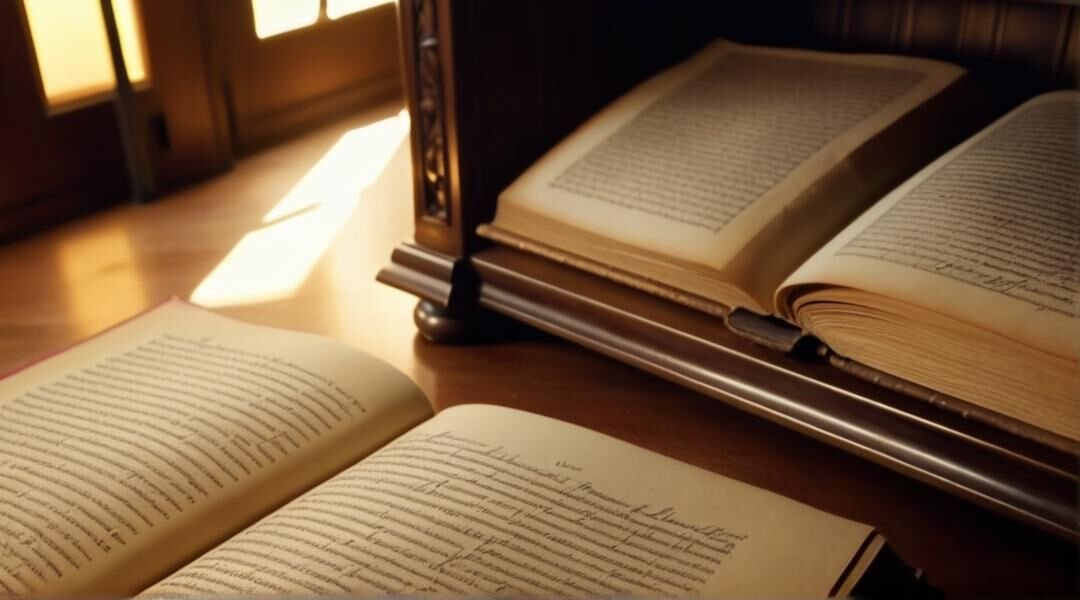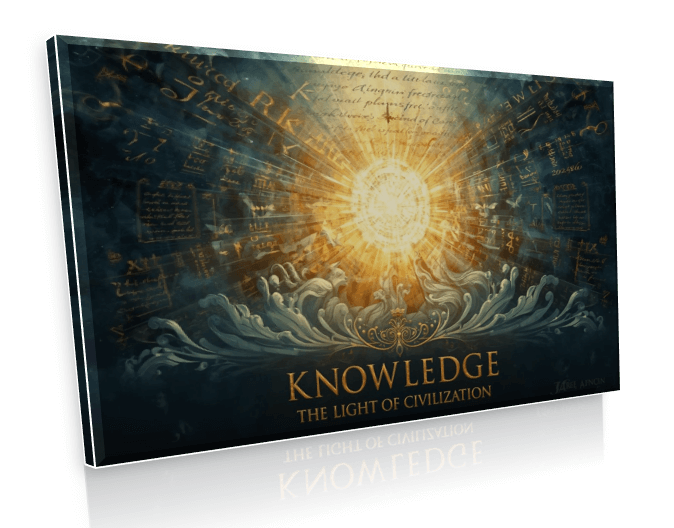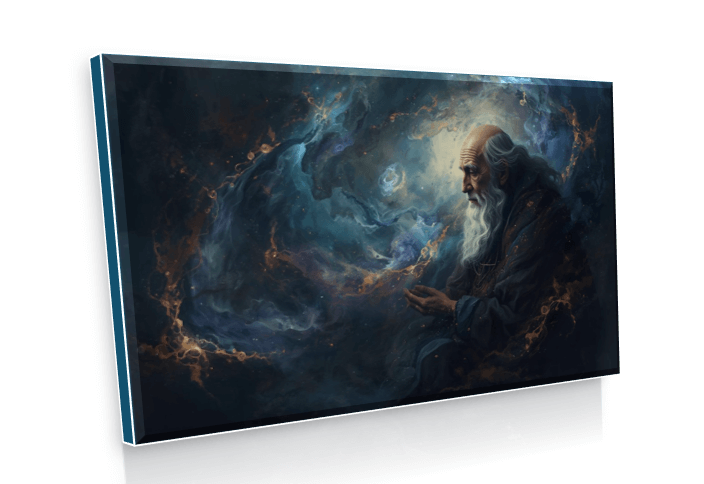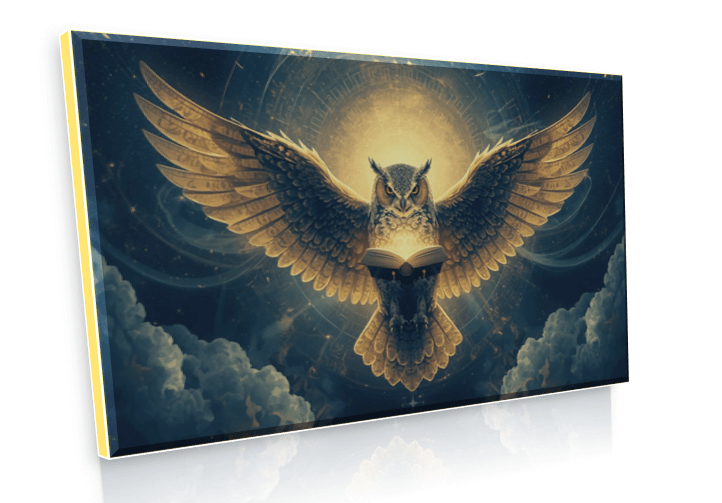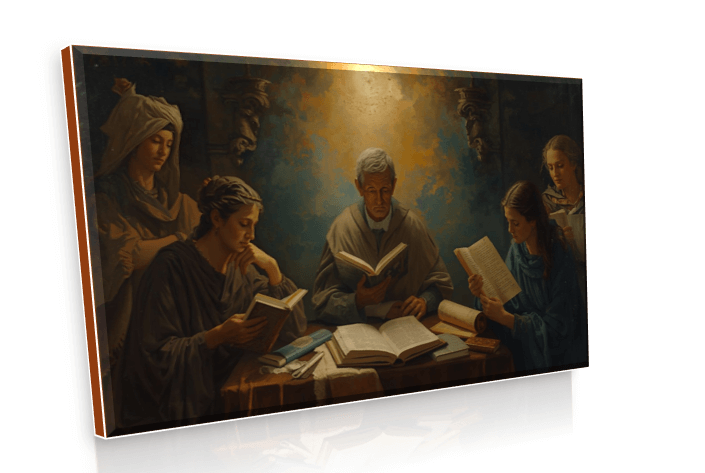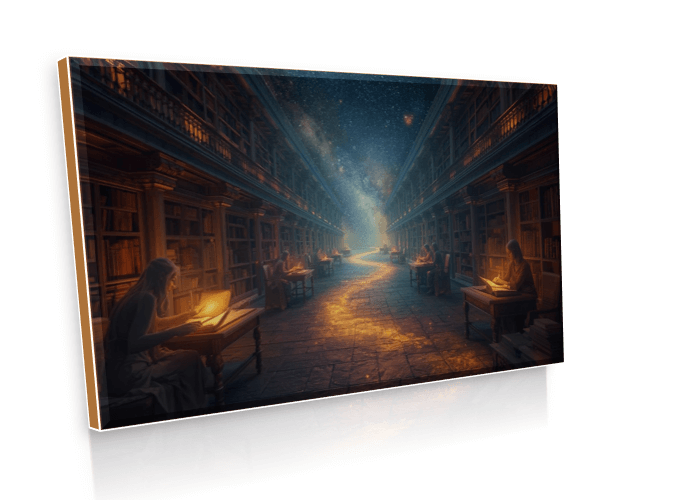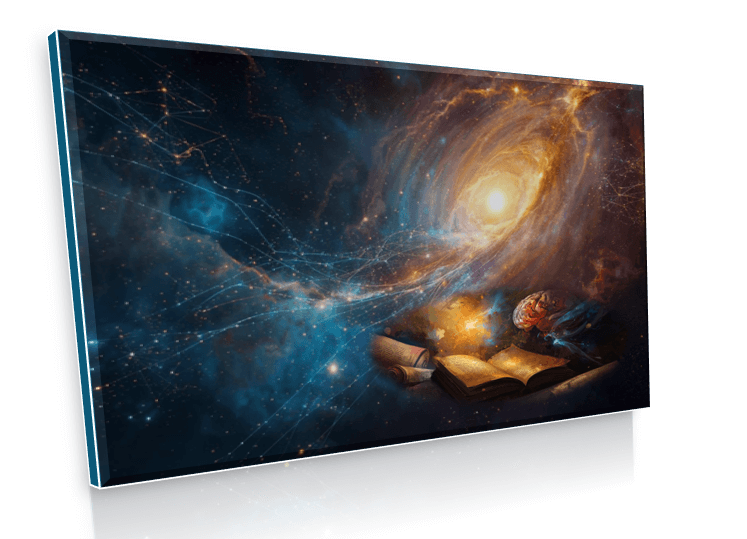Empower Your Mind with Timeless Wisdom
The Power of Knowledge and Human Excellence
Explore the transformative impact of knowledge on human progress and the pursuit of excellence. Join us on a journey to discover how wisdom shapes our world.
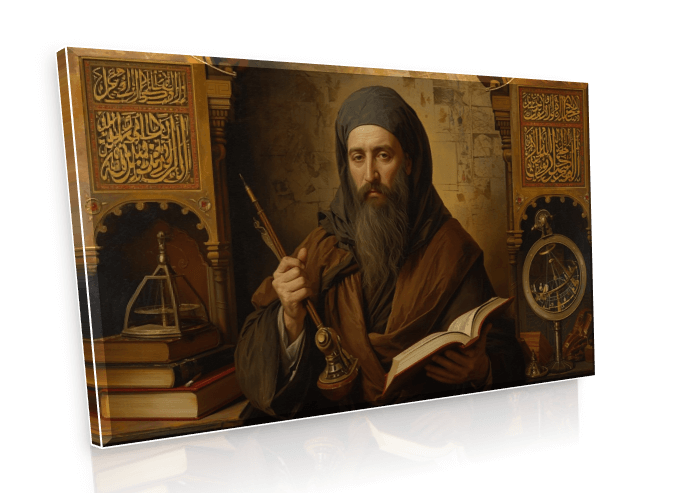
Human beings stand as the noblest creation not only because of strength, dignity, or creativity, but because of their ability to acquire and apply knowledge. Knowledge is the light that transforms darkness into clarity, ignorance into understanding, and weakness into strength. It is through knowledge that humanity has built civilisations, advanced sciences, and cultivated wisdom. Without knowledge, progress halts, dignity weakens, and excellence fades. With it, humanity rises to its highest potential.
Knowledge: The Light of Civilisation:
From the earliest discoveries of fire and tools to the modern age of digital technology, the journey of human civilisation has always been shaped by knowledge. Every era of growth in history has been marked by a flourishing of learning, whether through philosophy, science, literature, or art.
- Ancient civilisations such as Greece, Egypt, India, and China thrived because they valued wisdom and scholarship.
- The Islamic Golden Age illuminated the world with advancements in mathematics, medicine, astronomy, and philosophy.
- The Renaissance in Europe was a rebirth of thought, art, and scientific exploration, pushing humanity towards modern progress.
When societies embrace knowledge, they flourish. When they neglect it, decline follows. Civilisation itself is a reflection of humanity’s relationship with knowledge.
Wisdom Beyond Information
Transforming Information into Knowledge and Wisdom
In today’s world, information flows endlessly — from books, the internet, and countless media sources. But information alone does not create excellence. True knowledge requires reflection, understanding, and application. Wisdom is what gives life and meaning to facts.
- A computer may store unlimited data, but only the human mind, guided by wisdom, can decide how to use it for good.
- Scientific discoveries become blessings only when paired with ethical responsibility. For example, medical research saves lives when used with compassion, but the same knowledge can be misused for harmful purposes.
Thus, the true test of knowledge is not how much we know, but how wisely we apply it. Excellence in humanity comes from uniting knowledge with moral conscience.
Empowerment Through Knowledge
Knowledge as Strength and Freedom:
A person armed with knowledge possesses greater strength than one armed with mere physical power. Strength of the body fades with age, but strength of the mind endures and influences generations.
- Knowledge gives confidence: an educated person can express ideas, defend beliefs, and stand with dignity.
- Knowledge provides independence: it frees individuals and nations from dependence on ignorance or blind imitation.
- Knowledge is freedom: it liberates people from the chains of fear, superstition, and injustice.
History shows that communities empowered with education rise above oppression, while those deprived of it remain vulnerable. Thus, knowledge is not just personal strength — it is collective power for societies and nations.
The Role of Knowledge in Human Dignity:
Human dignity is deeply connected with knowledge. A mind deprived of learning is easily manipulated, while an enlightened mind recognises its worth and rights.
- Knowledge protects human beings from exploitation.
- It helps individuals fulfil their responsibilities towards family, society, and humanity.
- It allows people to see beyond differences of race, culture, or language, and recognise the universal dignity of all humans.
- Through knowledge, human beings rise above mere existence to live with purpose, awareness, and respect for the shared value of all life.
Where ignorance breeds division and prejudice, knowledge fosters unity and respect. In this way, knowledge is not only a source of progress but also a shield of honour.
The Endless Journey of Learning:
The pursuit of knowledge is not confined to childhood or academic institutions. It is a lifelong journey. Every stage of life offers lessons:
- In youth, knowledge shapes ambition and builds the foundation of character.
- In adulthood, it guides decisions, careers, and relationships.
- In later years, it transforms into wisdom, offering guidance to younger generations.
Great thinkers and leaders throughout history remained students until their final days. Socrates declared that true wisdom lies in recognising how little we know. Albert Einstein, despite revolutionising science, admitted that he remained a curious learner of nature’s mysteries.
Thus, human excellence lies not in claiming complete knowledge, but in the humility to keep learning.
Knowledge and Human Creativity:
Knowledge does not merely preserve; it creates. Human creativity — art, literature, inventions, and innovation — all spring from knowledge.
- Without knowledge of language, poetry and literature could not exist.
- Without knowledge of science, bridges, medicines, and technology would never have been created.
- Without knowledge of history, humanity would lose its identity and direction.
- Knowledge is the spark that turns imagination into reality — it empowers humanity to dream, design, and build beyond the limits of the possible.
Knowledge fuels imagination and allows humanity to shape a better world. Every new idea, invention, or discovery is a reflection of human excellence born from knowledge.
Knowledge and Responsibility:
The greater the knowledge, the greater the responsibility. History reminds us that knowledge used without moral responsibility can bring harm. Wars, exploitation, and environmental damage are also results of human knowledge misused.
Therefore, excellence is not only in learning, but in ensuring that knowledge serves humanity, justice, and peace. Responsibility is the soul of true knowledge.
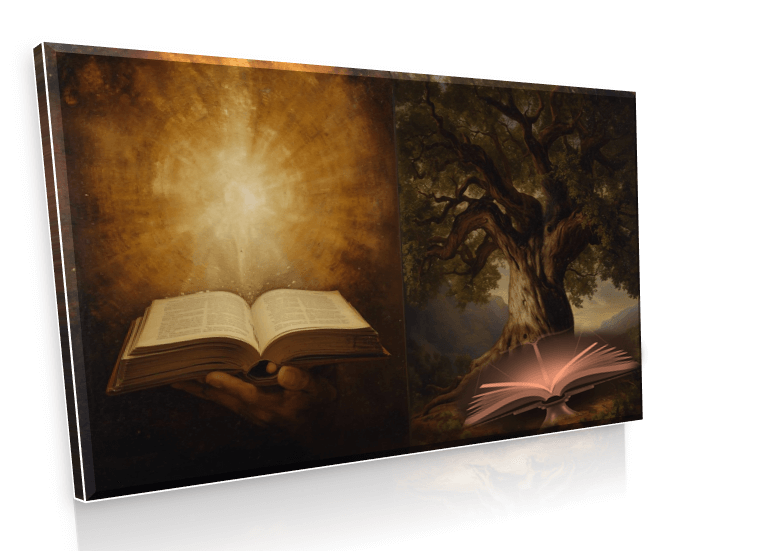
Conclusion: Excellence Through Enlightenment:
The power of knowledge is the true crown of humanity. It has guided civilisations, preserved dignity, and illuminated the path of progress. But knowledge is more than accumulation — it is the responsibility to use it wisely, to spread it generously, and to protect it with humility.
Human beings achieve excellence not by wealth or power alone, but by seeking and applying knowledge for the good of all. It is the seed of progress, the armour of dignity, and the mirror of wisdom. Through knowledge, humanity fulfils its noblest potential and continues its eternal journey towards enlightenment.
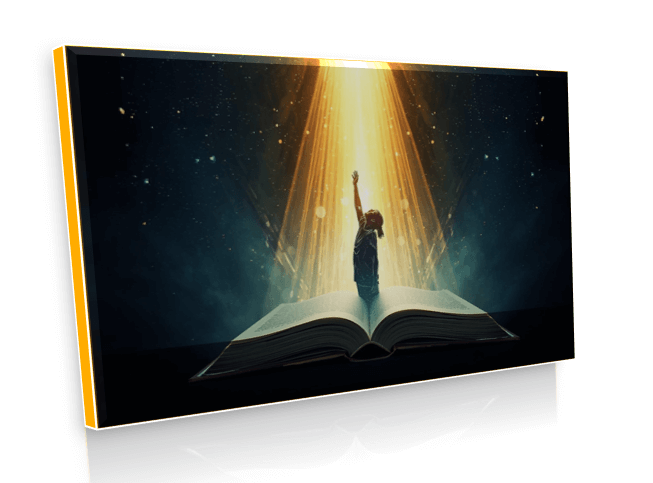
A Journey of Continuous Learning
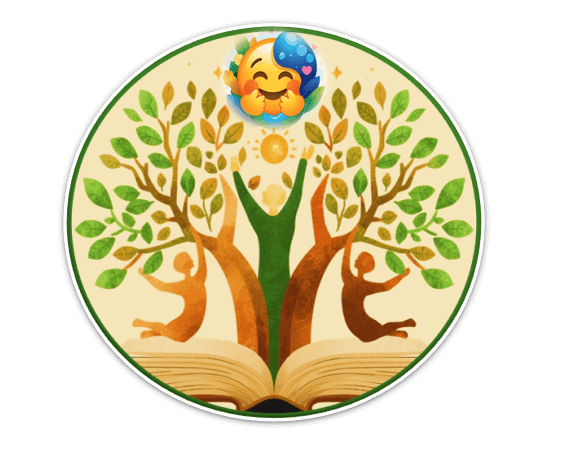
Creativity Unleashed
The Catalyst of Innovation: Knowledge's Role in Human Creativity
The Weight of Wisdom
Knowledge is a powerful tool, but with it comes the profound responsibility to wield it wisely. As we acquire more information, we must remain vigilant about the ethical implications of our actions. The choices we make using our knowledge can either uplift communities or contribute to their downfall. It is our moral duty to ensure that our understanding serves the greater good, fostering peace and justice in the world.
In a world where information is abundant, the true measure of excellence lies in how we apply what we know. We must strive to use our insights to bridge divides, heal wounds, and build a future where knowledge is synonymous with compassion and integrity. By embracing this responsibility, we honor the legacy of those who have paved the way with wisdom and set a course for a brighter tomorrow.

